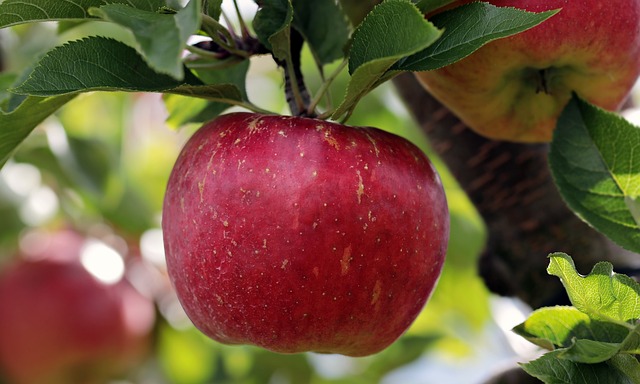Fermented Foods vs Probiotic Supplements: Which is Better for You?
Probiotics have gained immense popularity over the years for their health benefits. These beneficial live microorganisms are found in certain foods and supplements and are known to improve gut health, boost the immune system, and prevent various ailments.
The two most common sources of probiotics are fermented foods and probiotic supplements. While both are effective in providing the necessary strains of probiotics, there are several differences between the two that may make one better for you than the other.
Fermented Foods
Fermented foods have been a part of human diets for centuries and have been shown to promote gut health and overall well-being. Fermented foods are made through a process of lacto-fermentation, where natural bacteria feed on sugars and starches in the food, creating lactic acid. This process preserves the food and creates beneficial probiotics.
Some common examples of fermented foods include:
- Yogurt
- Kefir
- Sauerkraut
- Kimchi
- Miso
- Tempeh
Fermented foods are a natural and delicious source of probiotics that provide multiple strains of beneficial bacteria. They are also rich in vitamins, minerals and antioxidants, making them a great addition to any diet.
Probiotic Supplements
Probiotic supplements, on the other hand, are designed to provide concentrated doses of specific strains of beneficial bacteria. These supplements come in capsules, powders, or liquids and are often marketed as a way to improve gut health.
Unlike fermented foods, probiotic supplements provide only specific strains of bacteria and may not offer the same variety of beneficial microorganisms. However, they are often more convenient to incorporate into a daily routine and are useful for people who have trouble digesting certain foods or are looking for a specific strain of bacteria.
Which is Better?
So, which is better – fermented foods or probiotic supplements? The answer ultimately depends on your individual needs and preferences.
If you are looking for a natural and delicious source of probiotics that can be incorporated into your daily diet, fermented foods are an excellent choice. They provide a wide variety of beneficial microorganisms along with numerous other health benefits, making them a great addition to any diet.
On the other hand, if you are looking for a specific strain of bacteria or have trouble digesting certain foods, probiotic supplements may be a more suitable option. They provide concentrated doses of specific strains of bacteria and are often more convenient to take.
Both fermented foods and probiotic supplements can be used together to maximize the benefits of probiotics. However, it is important to consult with a healthcare professional before starting any new supplement regimen.
The Bottom Line
Probiotics are an essential part of a healthy diet and both fermented foods and probiotic supplements can be useful in improving gut health. Fermented foods provide a natural and delicious way to incorporate probiotics into your diet, while probiotic supplements offer concentrated doses of specific strains of bacteria for targeted health benefits.
Ultimately, the choice between fermented foods and probiotic supplements depends on your individual needs and preferences. Incorporating both into your diet can provide numerous health benefits and improve overall well-being.







